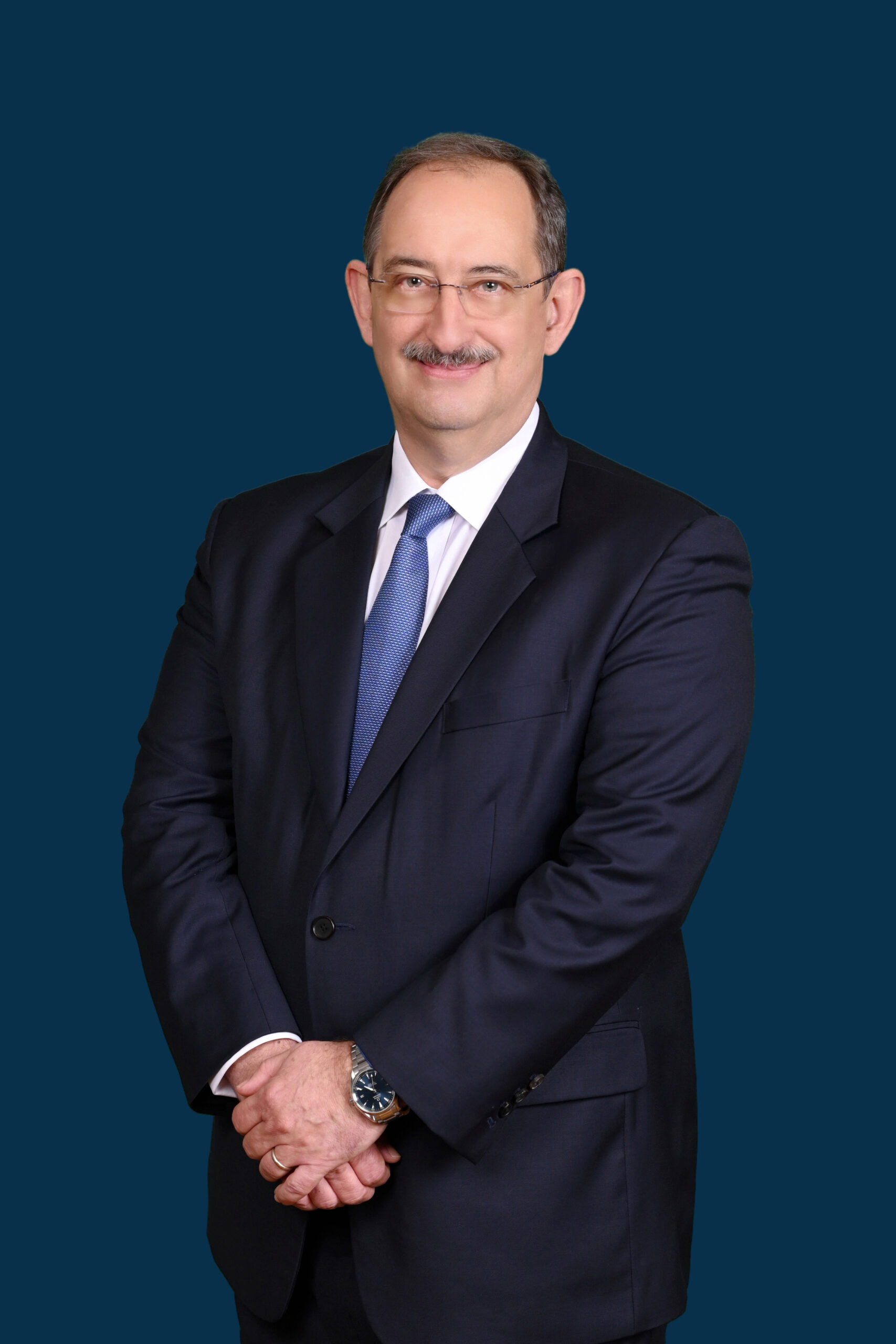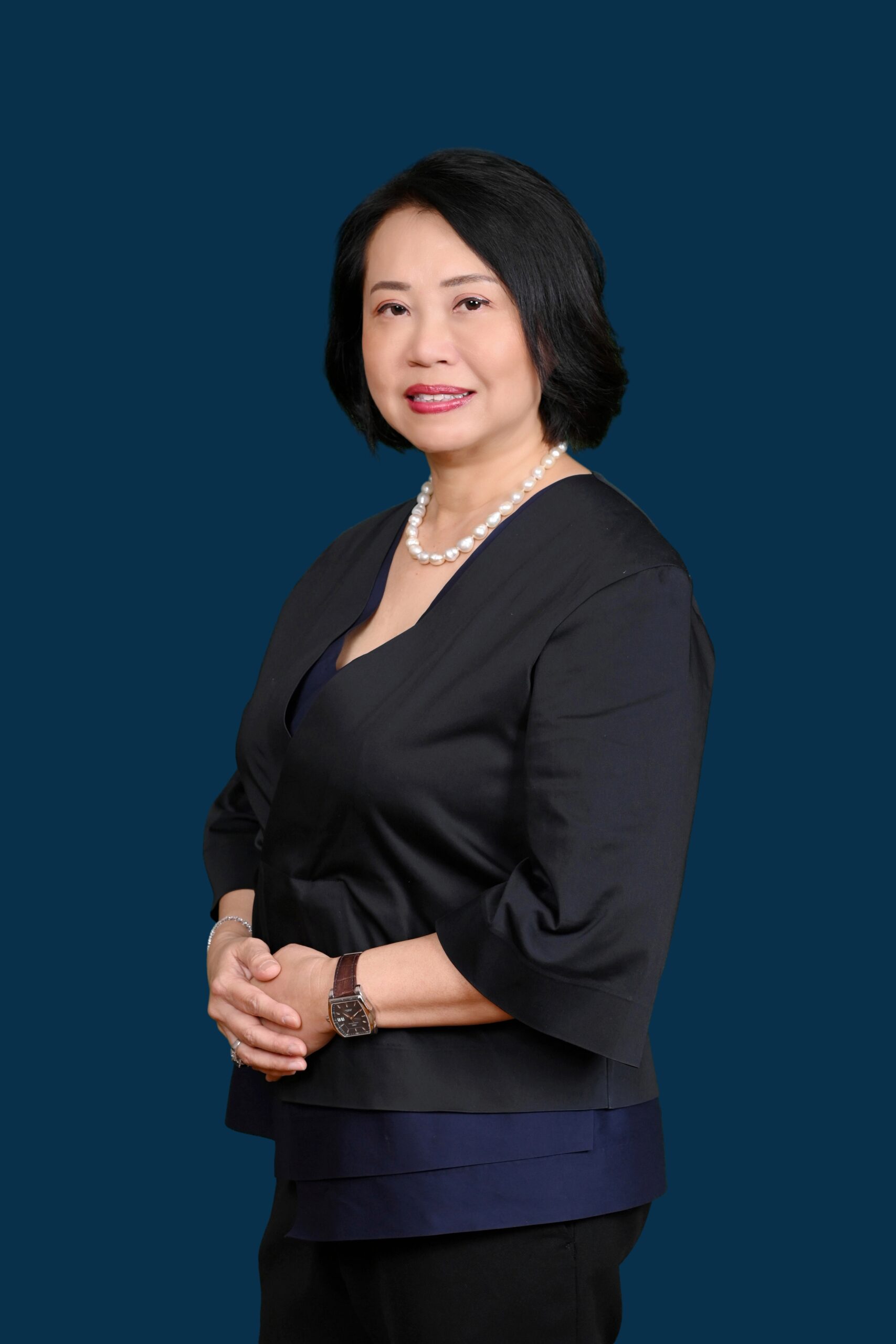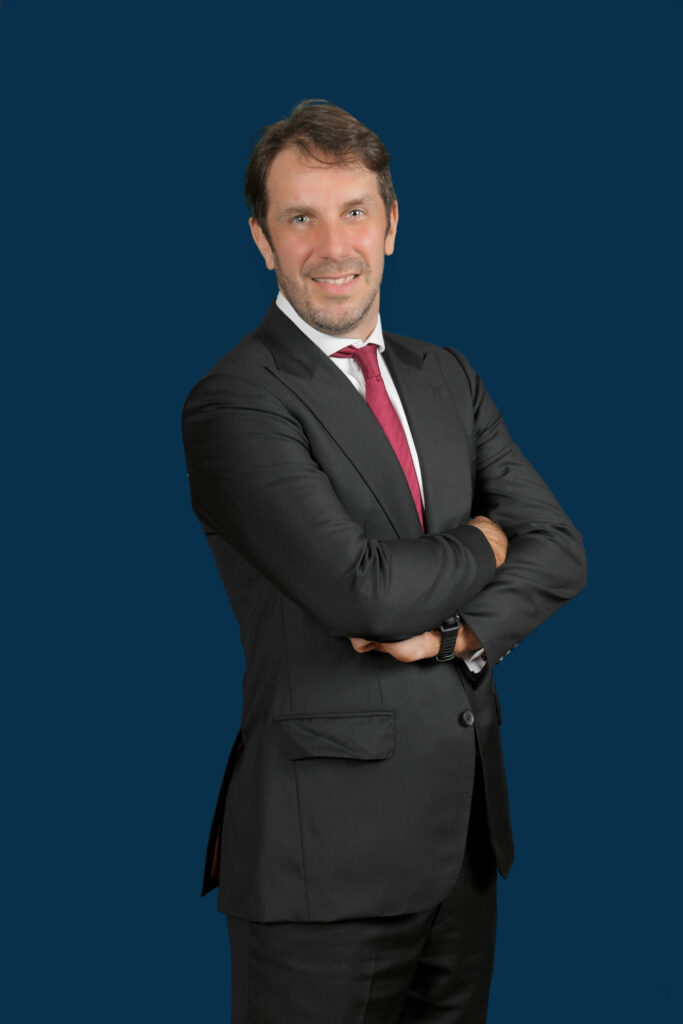*photo was taken pre covid-19
Besides shipping, I do a lot of trading law-related work. Commodity trading in particular, is interlinked with shipping. If you know shipping well, you have a good foundation to practise as a commodity lawyer too.
Breaking down my daily tasks, I will usually begin the day with reading trade papers such as Lloyd’s List and Tradewinds. This allows me to keep abreast of industry news and advice my clients on issues that may impact them. We typically do not have the luxury of time to respond and when clients pose a question, we are expected to understand their concerns and provide advice quickly, sometimes on the spot.
Throughout the day I will respond to emails and calls from my clients. Sometimes it is better to speak with clients on the phone as they will mention issues that are difficult to put into writing or if the situation is urgent. You must deal with issues at a much faster rate than previously.
Apart from handling legal issues, I am involved in HR, admin, and marketing plans. After work I will do my Master of Laws with King’s College London and write articles.
Expectations have changed because of digitalisation and compared to five years ago, clients expect a much faster response. I think these changes are in tandem with the evolving business environment.
The issues that I encounter are similar. It is just that they happen at a faster pace, and we need to work smarter because clients seek commercially focused advice. This feeds back into why it is important to have an interest in the industry and keep up with the trends.
This happened when my client’s vessel hit a jetty and the jetty owner filed a claim. We had to scramble and engage surveyors to assess the damage. At that point, there was a lot of information coming both from my client and the jetty owner. This experience was interesting because not only did I have to liaise with different experts to settle the claim, but I also learnt about jetty construction.
In such situations, we must bring both parties together as going to litigation or arbitration is not always in our client’s best interests. Such procedures expend large amount of cost and effort that could be better allocated towards revenue-generating activities. Additionally, such actions may sour business relationships.
I think this concern applies to other specialised fields such as construction too. Students may not know which area they wish to specialise in, and it is fair for them to experience many things at that age. As a maritime lawyer, you learn varied skills that are transferrable into other practice areas. In fact, a huge proportion of major contractual and legal principles arise from shipping cases and one can always pivot into commercial litigation. However, I will be surprised if people lose interest in maritime law.
In maritime law cases published by Singapore and English courts, there is a lot of commercial reality observed. The Centre seeks to promote the understanding within students that maritime is a lively area of law. However, with Covid-19, we have not been able to hold as many events in school. I enjoy speaking with the students and I always find in-person meetings much more effective for such outreach efforts.
Exciting. It encompasses a wide spectrum of activities and there are new opportunities sprouting up that are in sync with what other industries are doing. You can work in an array of organisations, not just law firms but also insurers, the International Maritime Organisation, and governmental organisations. The possibilities are endless and that, to me, is exciting.
Maritime law has developed significantly and is extremely vibrant. ESG efforts such as sustainability, decarbonisation and green shipping are fresh areas that have opened in recent years. If you have an interest in environmental issues, this aspect of maritime law will appeal to you. Digitalisation is another growing area that youths are interested in.
Old school shipping lawyers like myself must be familiar with these new trends that the younger students will be very familiar with. Besides these trends, I think it is also important to be familiar with trading since everything is connected. Maritime law extends beyond ships and cargoes – it is part of a larger supply chain. The international aspect also allows lawyers to work in many jurisdictions beyond Singapore.






